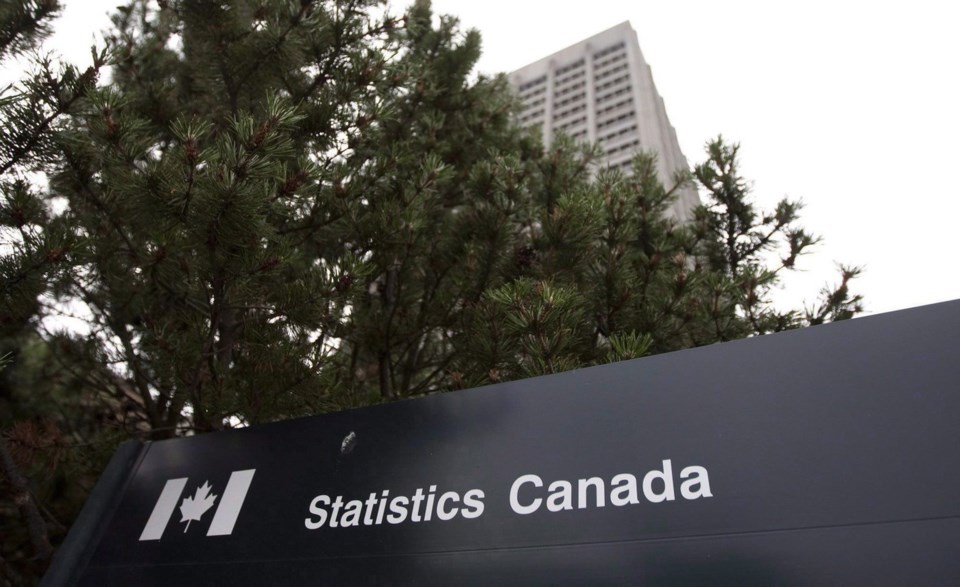OTTAWA — The chances of a half-percentage point interest rate cut by the Bank of Canada became more likely Tuesday after Statistics Canada reported annual inflation fell to 1.6 per cent in September.
Economist Tu Nguyen of accounting and consultancy firm RSM Canada said she had expected the inflation rate to remain close to the central bank's two per cent target, where it was in August, for a few more months.
"This is one of the instances where I'm happy to be wrong," she said.
Nguyen said while the Bank of Canada has favoured a slow and gradual pace of 25-basis-point cuts each time, the inflation report raises the odds of a 50-basis-point reduction.
"It's clear that we are well behind the curve when it comes to rate cuts," she said.
The inflation report is the last major piece of economic data before the Bank of Canada’s interest rate decision on Oct. 23 when it will also update its economic forecasts in its monetary policy report.
It also came after stronger-than-expected job numbers for September that found the economy added 47,000 jobs as the unemployment rate fell to 6.5 per cent.
However, Nguyen said the jobs data has fluctuated a lot from month to month and "it seems like the September job report is the exception rather than the rule."
Statistics Canada said Tuesday lower gasoline prices were the main driver of the drop in the overall inflation rate for September as drivers paid less to fill up than they did last year.
Gasoline prices in September fell 10.7 per cent compared with a year earlier. Excluding gasoline, the annual pace of inflation was 2.2 per cent in September.
Royal Bank of Canada economist Claire Fan noted shelter costs are still growing at a faster rate comparing to the rest of the consumer basket.
"But the scope of price pressure outside of shelter has now normalized more fully to what it looked like before the pandemic," Fan wrote in a report.
Rent prices increased at a slower pace in the month but remained elevated as they rose 8.2 per cent compared with a year ago following a year-over-year gain of 8.9 per cent in August.
Mortgage interest costs in September were up 16.7 per cent compared with a year-over-year gain of 18.8 per cent a month earlier.
Statistics Canada said prices for food purchased from stores rose faster than headline inflation at 2.4 per cent in September, the same rate as in August. Prices for fresh or frozen beef gained 9.2 per cent, while edible fats and oils rose 7.8 per cent and eggs increased five per cent.
Prices for food purchased from restaurants rose 3.5 per cent compared with 3.4 per cent in August.
The Bank of Canada has cut its key interest rate three times so far this year to bring it to 4.25 per cent.
Governor Tiff Macklem has said it is reasonable to expect more interest rate cuts are coming, given the progress made on inflation, but the pace and timing of cuts will depend on the central bank's evaluation of the economic data.
In September, Macklem signalled a willingness to change the pace of cuts, if circumstances warrant.
This report by The Canadian Press was first published Oct. 15, 2024.
Craig Wong, The Canadian Press




